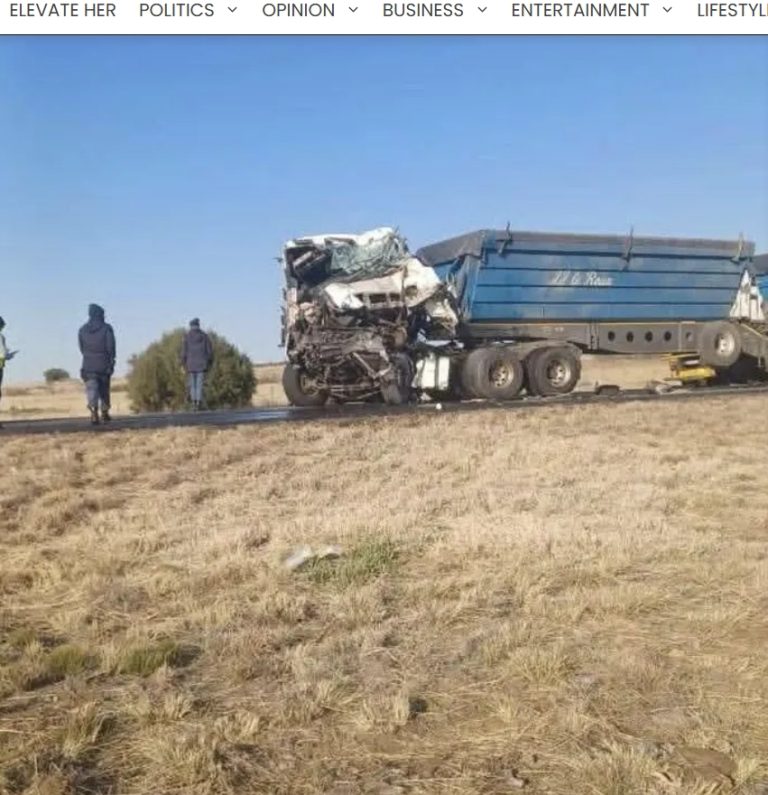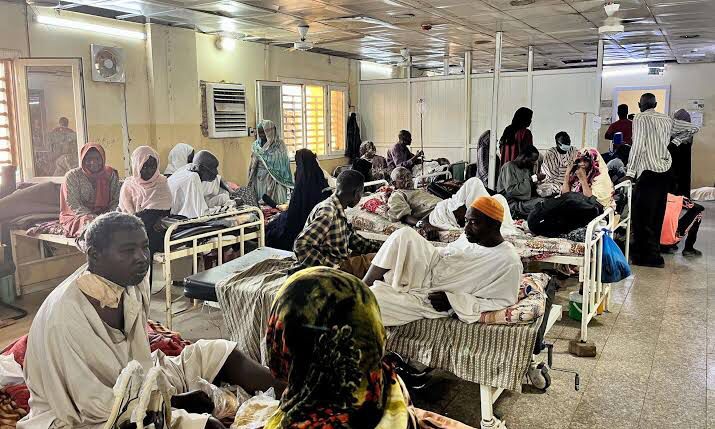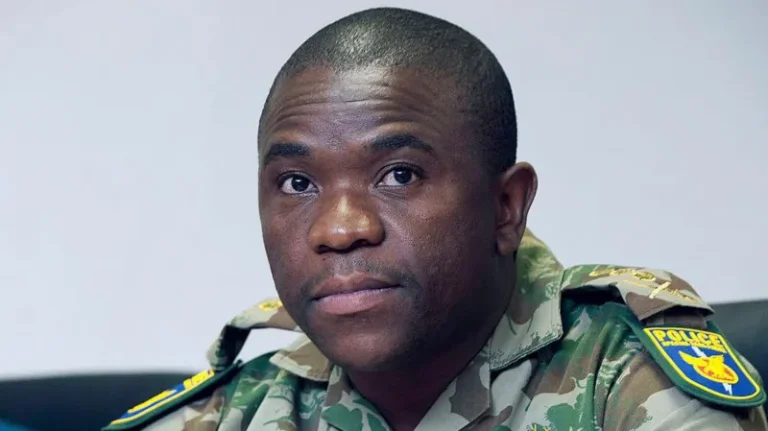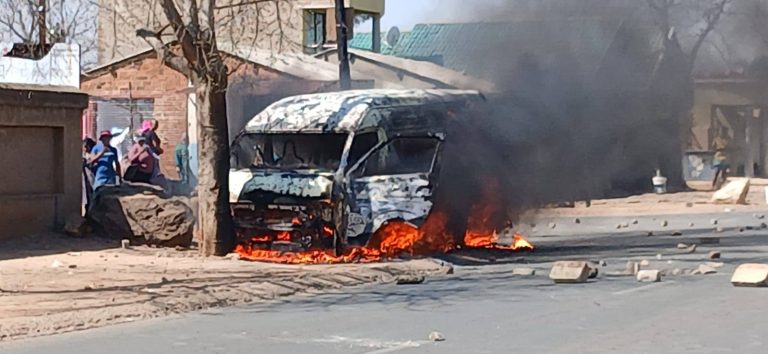
Moroadi Cholota in court over corruption charges related to Ace Magashule's asbestos audit tenders case. (Photo: Gallo Images / Volksblad / Mlungisi Louw).
(The Post News)- The National Prosecuting Authority (NPA) finds itself in yet another firestorm this week, as a crucial blunder in a high-profile extradition case reignites widespread criticism and demands for fundamental systemic reform. The fallout from the failed bid to bring back Moroadi Cholota, former personal assistant to corruption-accused Ace Magashule, has sent shockwaves through the country’s justice system, leaving many to question the NPA’s competence and commitment to combating corruption.
The latest debacle centers on the tainted R225-million asbestos audit project in the Free State, a sprawling corruption case involving 17 accused facing 70 counts of corruption. Judge Philip Loubser of the Free State Division of the High Court ruled that the extradition request for Moroadi Cholota was “unlawful and unconstitutional.” The critical error? The request was made by the NPA itself, rather than by the Justice Minister, as legally required.
Paul Hoffman, director of Accountability Now, starkly highlighted the flaw, stating, “The bottom line of the judgment is that they used the wrong procedure in the extradition — they got the wrong person to ask for the extradition.” He added, dismissively, “It’s really not a typical bungle, but it’s just another bungle,” implying a recurring pattern of such errors.
The immediate consequence is severe: charges against Cholota have been withdrawn, severely impacting the progress of a key State Capture case and fueling public perception that politically connected individuals continue to evade justice. For citizens across the country, such failures further erode trust in the justice system.
The ruling has triggered a fresh wave of outrage from opposition parties. ActionSA’s Parliamentary Leader, Athol Trollip, minced no words, not only calling for the immediate removal of National Director of Public Prosecutions (NDPP) Shamila Batohi but also demanding a “full parliamentary inquiry” into what he described as the NPA’s “ongoing prosecutorial failures and the extent to which political interference has infected its operations.”
Trollip lambasted the NPA, asserting it has “once again exposed its deep dysfunction, either through incompetence or willful neglect.” He argued that this is “not an isolated blunder, but part of a disturbing and entrenched pattern,” where the NPA has become “a refuge for the politically connected, a place where accountability is avoided, justice is delayed, and prosecutions collapse with shocking regularity.” He directly questioned whether these failures stem from “incompetence, or is there a deliberate agenda to protect the corrupt?”
The recent acquittal of Nigerian televangelist Timothy Omotoso on rape and human trafficking charges on a technicality earlier this year is another frequently cited example fueling this widespread frustration.
In response to the intense pressure, NDPP Shamila Batohi has embarked on a “media blitz,” defending the NPA’s position. In an interview with Newzroom Afrika, she maintained that “there’s no fundamental problem in the NPA,” despite admitting to being “disappointed by the setbacks.” She confirmed her team met with Justice and Constitutional Development Minister Ronald Lamola to discuss the ruling and its implications for pending and future extraditions.
Batohi acknowledged the personal impact of some case failures, stating the Omotoso acquittal “broke my heart” given her commitment to fighting gender-based violence. However, she emphasized that it’s “easy to put Shamila Batohi as the face of failure, but we really need to look at the challenges we’re facing systemically.” She expressed pride in her staff, describing the majority as “dedicated and committed” to the rule of law.
While equally critical of the NPA’s failures, the Democratic Alliance (DA) has adopted a more nuanced approach, explicitly stating they do not support calls for Batohi’s removal. According to DA spokesperson on justice, Glynnis Breytenbach (a former state prosecutor), “The national director is not the problem at the NPA. It’s not a one-man job or a one-woman job.”
She added that while Batohi “could possibly have done things differently, she is not doing a bad job, and the failures of the NPA are not… attributable to her and her alone.” The DA believes the solution lies in fundamental systemic reforms, which they will champion by writing to Parliament’s justice committee.
Their proposed set of changes includes advocating for the passing of the “Scorpions 2.0” Bill, which aims to create an independent Anti-Corruption Commission. This commission would be empowered to investigate and prosecute high-level corruption, ensuring it remains free from political interference.
Furthermore, the DA seeks to amend the Constitution to guarantee that the head of the NPA is appointed by Parliament, rather than the president, a move designed to enhance independence. They also propose the introduction of a dedicated parliamentary oversight subcommittee to hold the NPA accountable




